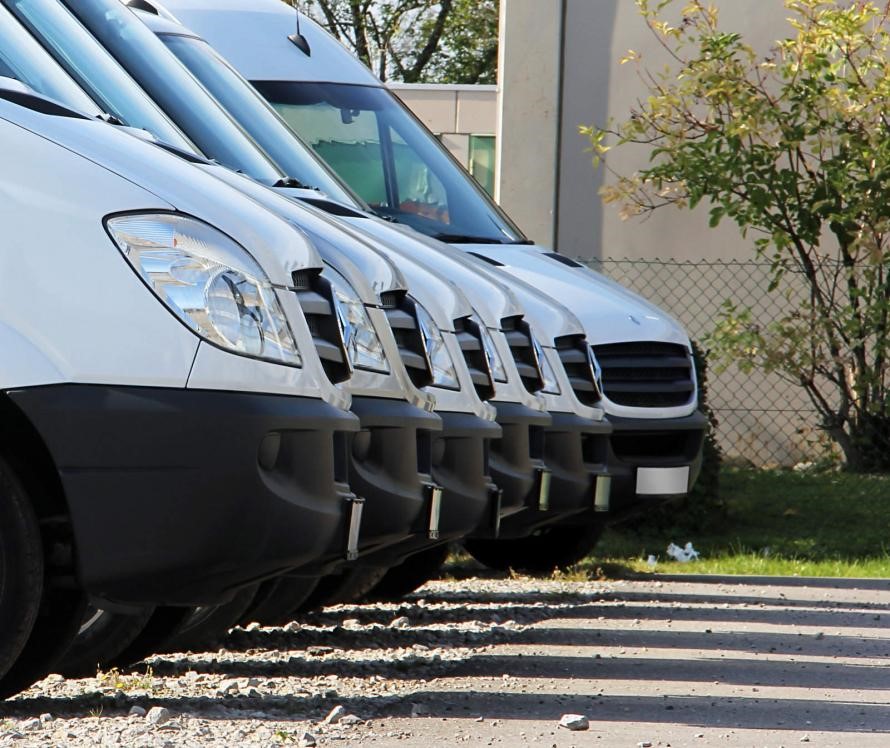Dot Number Necessary
One of the questions business owners with trucks ask is do you need a United States Department of Transportation (DOT) number? Whether you have a large business with a fleet of trucks operating across different states to haul cargo from one place to another or you have a single truck for hauling supplies, the answer is not straightforward.
The confusing part is rules and regulations vary across different states. These regulations and the law governing these things also continue to change on a regular basis. While all states strive to adhere to the minimum federal regulations, some states might have more rules and regulations in place regarding DOT numbers.
What is a DOT Number and What is its Purpose?
A DOT number is part of the Federal Motor Carrier Safety Administration’s guidelines. As compared to other guidelines by the FMCSA, a DOT number is easy to understand. Of course, getting one requires some time and effort on the part of fleet managers and business owners to make sure that their vehicles and drivers comply with regulations enforced by the Federal Motor Carrier Safety Administration (FMCSA).
A United States Department of Transportation number, or DOT number, is a number assigned to companies that conduct business interstate and engage in intrastate transactions. This number serves as a unique identifier for these companies.
The FMCSA has introduced this regulation as a means to monitor and streamline the process of safety compliance. The USDOT number usually comes in handy when official audits take place, for reviews of companies or to help with the investigation in case of an accident. The Federal Motor Carrier Safety Administration itself grants the USDOT number to companies.
Determining Whether You Need a DOT Number
So who needs a USDOT number? Considering the fact that the FMCSA assigns this number to help keep track of safety and compliance for commercial vehicles on the road, it only makes sense that if you need to get one, you should not waste your time and start with the process immediately.
The FMCSA considers several different factors to provide the DOT number to companies. While you might think all of your commercial trucks need to get one of these numbers from the information provided so far, the reality is different.
Whether you own a fleet of lightweight trucks, heavy-duty 4x4s, or a single truck to haul the load, all trucks need to meet certain criteria.
If you are wondering whether or not you require a DOT number for the vans and trucks in your fleet (even if you have just one van), you need to consider these questions.
1. What is the Gross Combination Vehicle Weight?
Does your vehicle (or vehicles) weigh 10,001 pounds or more, based on the gross combination vehicle weight rating? In case they do, you will need to get a United States Department of Transportation number. If the trucks in your fleet have a GCWR that exceeds 26,000 pounds, the driver also needs to have a commercial driver’s license to operate it.
2. How many passengers is the vehicle designed or used for transporting (including the driver) for compensation purposes?
Is the vehicle you are using capable of transporting eight or more people for compensation? If this is the case, the truck or van is quite likely to qualify as a vehicle that requires a DOT number.
3. How many passengers is the vehicle designed or used for transporting (including the driver), but not for compensation?
Some trucks and vans might be used to transport people from one place to another for the company that owns it, but not for the sake of receiving compensation. If that is the case, you will have to consider whether the number of people being transported (including the driver) is fifteen or more. If the truck can carry fifteen people or more, it doesn’t matter whether or not there is any compensation being received – the vehicle needs a DOT number.
4. Are you transporting hazardous materials in the trucks?
If your company uses its trucks for transporting any kind of hazardous material, that automatically makes it a requirement for you to get a United States Department of Transportation number from the Federal Motor Carrier Safety Administration.
All the factors listed above indicate that your truck definitely needs a DOT number. Now, this much is a minimum requirement when it comes to the federal regulations regarding the Federal Motor Carrier Safety Administration’s DOT number. Some states may require you to have the DOT number even if your vehicles travel intrastate for the business.
In order to be entirely certain whether you need a DOT number to comply with your state’s regulations regarding intrastate commerce, it is a good idea to check in with the local DOT office in your state. They will provide you with the most updated information about the rules and regulations in your state as well as the DOT number requirements.
States that Require a USDOT Number
Apart from federal regulations, many states require their intrastate commercial motor vehicle registrants to obtain a USDOT Number. These states include:
| Alabama | Delaware | Iowa | Michigan | Nebraska | Pennsylvania | West Virginia |
| Alaska | Florida | Kansas | Minnesota | Nevada | Puerto Rico | Wisconsin |
| Arizona | Georgia | Kentucky | Missouri | North Carolina | South Carolina | Wyoming |
| California | Hawaii | Maine | Montana | Ohio | Texas | |
| Colorado | Idaho | Maryland | New Jersey | Oklahoma | Utah | |
| Connecticut | Indiana | Massachusetts | New York | Oregon | Washington |
How do I get a USDOT Number?
If you want to obtain a Department of Transportation number from the Federal Motor Carrier Safety Administration, you can contact either the administration itself or the local state Department of Transportation office to get all the information you need. They will let you know if you require any additional requirements, other than the number itself, to abide by all the federal and local state regulations concerning the operation of vehicles.
Motor carrier operators and drivers absolutely need to know about all the Federal Motor Carrier Safety Regulations so they can comply with them. In case you are not very clear about the regulations, you can visit the FMCSA website for more information.






